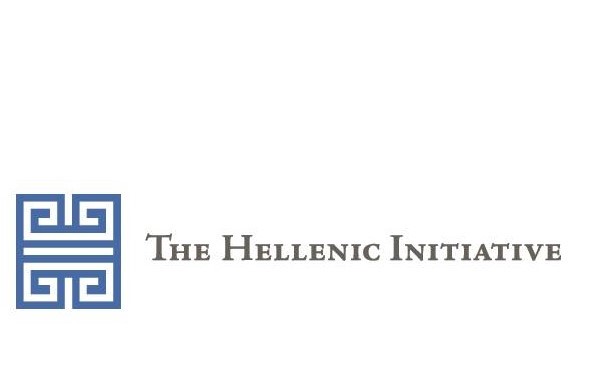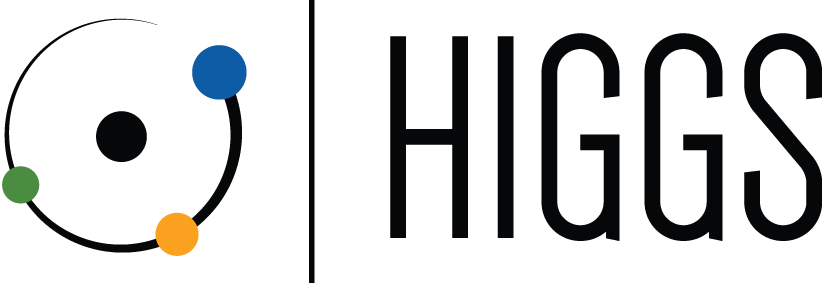
Interview: The Hellenic Initiative
The Hellenic Initiative was founded in 2012 by members of the Greek diaspora and the philhellenic community, aiming to respond to the deepening economic crisis and support the sustainable economic growth in Greece.
Mr. Michael Printzos, Director of Programming του The Hellenic Initiative answers HIGGS’s questions concerning the provision of funding to NGOs .
1. On your website you mention three basic pillars/strategic priorities that concern crisis relief, entrepreneurship and economic growth. What part of your donations and actions is targeted to NGOs?
All of our actions are targeted to non governmental organizations, since the Institution itself has the exact same status. Our donations can have as indirect recievers organizations that are related to the resolution of societal problems and inequalities, while in the meantime other programs can cooperate with non governmental organizations and teams that promote entrepreneurship and the creation of working positions.
2. In which way can one submit an application? Which information would you want to be provided with by an organization that desires to submit an application for a donation and how much time is it required for its evaluation?
We usually go the organizations and, after we sit down with them and understand what it is that they are offering, then we invite them to an unofficial collaboration aimed to see if there is common ground and if the programs they are operating fit our priorities at this particular period of time. Alternatively, some of them send us applications by themselves, using our website and the e-mail address written on it. The time it takes us to respond is relative. I would say though that from the moment we have a first conversation with an organization up until the moment we end up with a proposal and we have an answer, we need at least 2 months.
3. In which ways do you evaluate the work of an organization and the impact of its efficiency?
In every program we have particular countable indicators which we watch together with the organization, usually on a monthly basis. The indicators vary and are relevant to each given problem we are trying to solve. So, in a program we can count the creation of new working positions or the increase that was noted in the turn over of a company while in others we can count the meal numbers or the demographic profile of the direct beneficiaries, The reason why we have these countable indicators in every one of our programs is simple. Both the organization and us want to agree from the start on how we define success and if any problem comes up during the program’s duration, we want to be able to count it. Besides, anything you cannot count, in the end you cannot change either.
4. Other than the financial support that you provide to an organization, are there any other ways with which you offer support?
Our organization has a particular difference from other Institutes that operate in our country. This is the power of diaspora. The power of all these Greeks, but also the philhellenes that are trying daily to find ways to give back to their country. A lot of times, this power is unique when it comes to changing completely the characteristics of some programs. As an example I mention Fellowship Program, which was immediately supported from American Greeks and Australian Greeks. Another example is the annual sending of startups in one of the biggest festivals in the world in this field, SXSW. Programs like these wouldn’t be the same, if not for the Greeks in these places waiting for the kids and the companies, in order to help them better integrate and gain the biggest advantages possible.
5. For how long can you provide an organization with your support? In addition, what are the reasons for which you would end your cooperation with an organization?
As of now, with the only exception being a specialized program, the maximum time duration of a program we have supported has been a year. The exception is the support program of the preparation of Greek and Cypriot athletes for Tokyo’s Olympic Games, where we contribute to the effort that was first started by the A. G Institute and that this year, Ioannis S. Latsis Institute also helped together with our Institution. There has never been a need to stop a program halfway or to end a cooperation with an organization. Our doors are for everyone and they are all open.
6. At times, the Institute has collaborated with other Institutes that also fund and support the efforts of NGOs in Greece. Can you mention some of the most important benefits that you believe resulted from this procedure, from the point of view of the Institutes’ as well as the Organizations’.
The collaboration between Institutes is of great importance. I have to admit that in the last few years and through a mutual effort of my colleagues that are working in other Institutions, we have developed a channel of communication that didn’t exist earlier. This helps everyone to become even more effective in the selection of the programs, since one can learn from the inexpediencies but also from the accomplishments of the other. I already mentioned the collaboration that was developed for the program of support towards the athletes during their preparation for the Olympic Games. A second and just as important example is ReGeneration, which is supported by us, the Coca-Cola Co Institutes and the S.N Foundation.
7. Which initiatives do you think that are missing from the ecosystem of NGOs that are operating in Greece today?
If I could wish anything for the future it would be for more collaboration. More collaboration between the Institutes but also more collaboration in the NGOs’ field. Furthermore, if a team does something well there is no need to ‘’give birth’’ to a new team to do it all over again from the start. Let’s think which solutions are missing and how we can implement them in the most effective way.
8. In your opinion, which are the most important educational needs that non governmental organization have today?
The topic of capacity building has been talked about many times before. A bigger effort in some areas that concern the more effective fund management but also the successful fundraising, is definitely needed. I feel that we are in a transitional period in the sector of NGOs. The largest organizations have to evolve into more flexible forms while the smallest have to obtain the experience and the patience that they sometimes lack. I would say though that we, in Institutes, need education ourselves. Especially in an environment where 5-0 Institutions are essentialy handling the 90% of the donations the responsibility that accounts for all of us is significantly big.
For more information please visit the The Hellenic Initiative ‘s website.
We warmly thank Mr. Michael Printzos, Director of Programming of The Hellenic Initiative, for this interview.

